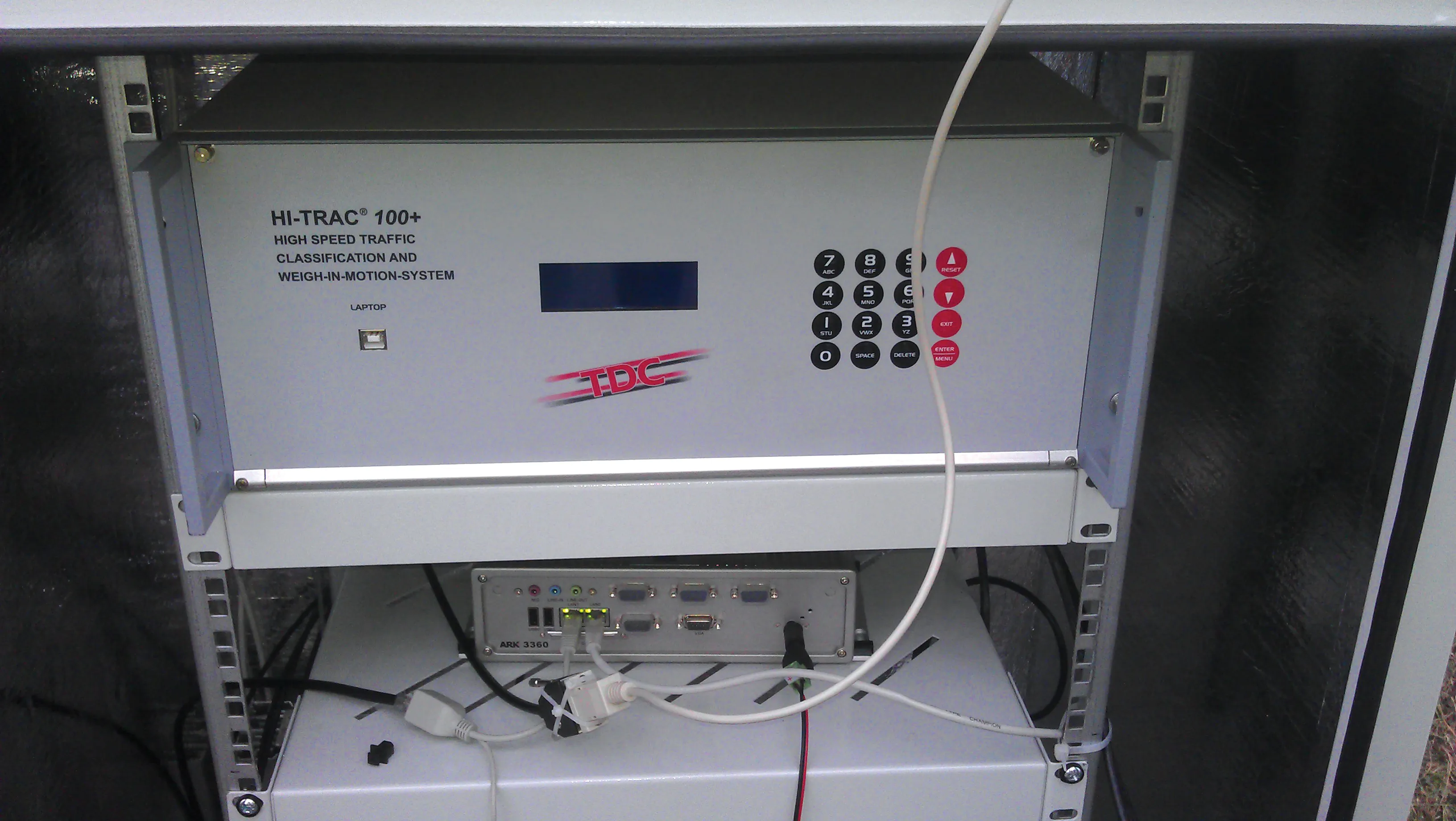In the Czech Republic the road authorities are looking to address quality issues that have caused problems on the country’s roads and highways. The Czech Roads and Motorways Directorate (RSD) plans to check the quality of highways using vehicle-mounted scanning laser technology. This will allow RSD to launch repairs before potholes are formed.
June 25, 2012
Read time: 2 mins
In the Czech Republic the road authorities are looking to address quality issues that have caused problems on the country’s roads and highways.
The4785 Czech Roads and Motorways Directorate (RSD) plans to check the quality of highways using vehicle-mounted scanning laser technology. This will allow RSD to launch repairs before potholes are formed.
It is estimated that costs of the repairs will be cut by 30%. RSD tried a similar method of scanning in 2006 but the project was suspended because of a lack of funding.
Meanwhile in the Czech Republic tenders worth €146.15 million are now open for bids. The bidding process was started for the 50 tenders by the RSD. Most of the tenders relate to the D1 and D3 highway project, the Prague ring road, the R6 link between Prague and Karlovy Vary and for documentation and technical supervision of the upgrade works. RSD will also spend €32.4million on the technical supervision of smaller projects in the next four years.
And construction is underway for the last section of the D8 highway through the Ceske Stredohori mountain range. The geological survey on the 12.7km road has been under way since 23 April 2012. The D8 project is expected to be completed by early 2015.
The
It is estimated that costs of the repairs will be cut by 30%. RSD tried a similar method of scanning in 2006 but the project was suspended because of a lack of funding.
Meanwhile in the Czech Republic tenders worth €146.15 million are now open for bids. The bidding process was started for the 50 tenders by the RSD. Most of the tenders relate to the D1 and D3 highway project, the Prague ring road, the R6 link between Prague and Karlovy Vary and for documentation and technical supervision of the upgrade works. RSD will also spend €32.4million on the technical supervision of smaller projects in the next four years.
And construction is underway for the last section of the D8 highway through the Ceske Stredohori mountain range. The geological survey on the 12.7km road has been under way since 23 April 2012. The D8 project is expected to be completed by early 2015.








